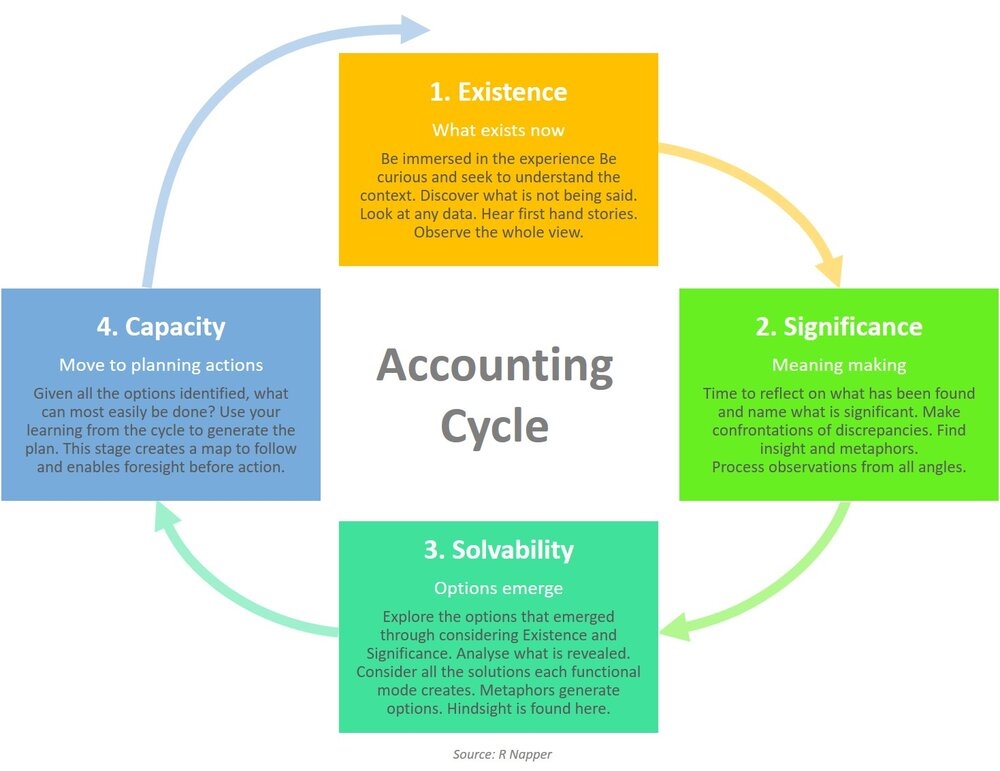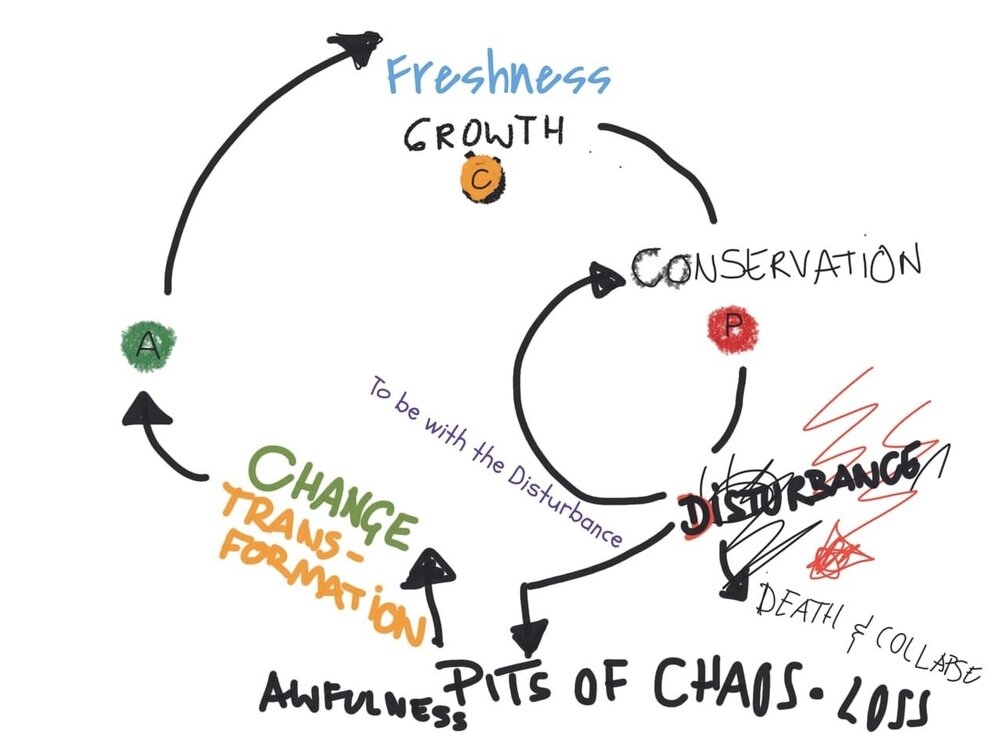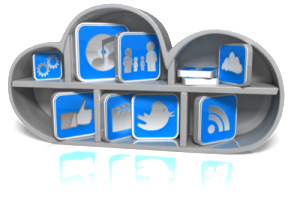
I’m feeling a real duality in myself. After the swiftness of the changes in society and Futurecurve, and the urgent call to action forced by the virus pandemic, I’ve sort of morphed into two distinct modes – a more reflective place and a very driven and focused place to move my niche consultancy to where it can add value in the reality of today. The financial challenges and the big psychological impacts on me and my team haven’t gone away but I have managed to get perspective – there is some help, not much but some, and my team and my family are safe and well. Our amazing food providers, delivery, utility, telecommunications and transport companies as well as many other unsung heroes are keeping us going and our incredible NHS and emergency services staff are caring for those who need it most; and there are glimmers of light at the end of the tunnel from other countries.
Based on personal tendencies but mainly my training as an organisational/workplace psychologist, I have enormous belief in people’s capabilities and capacity to thrive and survive when change is thrust upon us. I don’t believe in treating talented people in business like needy children – I personally don’t need yet another webinar on some version of ‘coping with the new normal’. I don’t want another set of preachy instructions. However, I do firmly believe in giving people clarity and direction and allowing them to feel they have a safe space to work things out.
I see many businesses taking immediate and potential knee-jerk reactions, trying to wrestle back control. I totally understand and sympathise AND I would encourage a level of reflection on what is going on for everyone right now. I am finding this reflective process, utilising the Accounting Cycle process below, hugely beneficial. I offer the model as a way of allowing leadership teams to prioritise what’s important now.
The Accounting Cycle has 4 stages:
-
Existence – understanding what really exists, here and now
-
Significance – understanding what is important and significant in the reality of what exists
-
Solvability – forming options to deal with those areas that are significant and need attention
-
Personal/Organisational Capacity – recognising what we can do to move into action or planning for action.

Most people and organisations are desperate to move straight to stage 3 – solvability. Cracking on into Action and Solving Things makes us feel great. In times of true crisis, it’s arguably vital, but once the crisis has moved into a more settled state it is critical (I’m going to stress this point) to ensure you’ve gone through stages 1 and 2 fully in order to understand what’s happening and why. Without the Existence and Significance stages, there’s a very real risk of being busy fools, simply doing stuff to soothe ourselves or solving point-specific issues rather than looking at them within their new context. If we default to solving the problem when dealing with human-related issues we also limit the power of our people. Once we do that, we lose dynamism and possibility for emergence, engagement, enthusiasm, optimism, commitment and personal responsibility… all the things we need at a time of crisis.
My other go-to model for now is the Resilience Cycle, based on the resilience thinking work of Brian Walker.

Model courtesy of R Napper based on Walker, B & Salt, D., (2006) Resilience Thinking: Sustaining Ecosystems and People in a Changing World. Washington: Island Press.
Essentially, this model shows that we create something, then conserve it, and when a major disturbance comes we need to reach a point of ‘being with’ that disturbance – in this case the impact of COVID-19 mitigation strategies – to allow the necessary transformation to take place and find a new way. I think I’m there now. God knows I wasn’t – I’m the first to admit that – and now I am.
Many of you will know Futurecurve for our passion around delivering genuine value for customers – helping our clients develop strategies that are customer-centred. It’s in our DNA. Over the years I and my team have been fortunate to work with many great senior executives and their teams who recognise their current business approach has had its time, and we have helped them change with programmes that have taken place over a year or two.
We all no longer have the luxury of years within which to change – we have to start now, no more prevarication, putting things off, ignoring the niggling trends, being distracted by being busy when competitors are gaining ground with new business models, facing the fact that our company culture no longer meets customer expectations, that products and services have become commoditised so the only conversation with buyers is around price. We must act now with positivity to change, adapt and transform.
I’m here to help – when you’re ready. Below are a few offerings you can access now, delivering value fast:
-
Go-To-Market Benchmark – a free tool to help consider what exists and what is significant
-
Mentoring – thinking and exploration space with Helen Blake; business leader and organisational psychologist
-
Align and grow with your customers – customer experience qualitative interviews, analysis and feedback presentation: 5 in-depth interview package
-
Re-positioning and Innovation – portfolio review using our Value Pyramid
 model to re-position and innovate: an online facilitated team working session
model to re-position and innovate: an online facilitated team working session -
Key Account Management – an online facilitated team working with 1 or 2 key accounts
-
Value messaging – an online facilitated team working session, reviewing your website against 3 of your top competitors
-
Team development – using behavioural profiling tool PRISM, one-to-one personal reports for 5-8 team members, plus an online facilitated webinar to increase team understanding and performance
-
Company culture review – 10-12 internal team interviews, analysis and presentation
-
Personal value proposition coaching – 1 hr sessions to uncover the value you personally deliver for an employer and customers, preparing for that new role or change of career
Business & Finance Articles on Business 2 Community
(40)
Report Post




